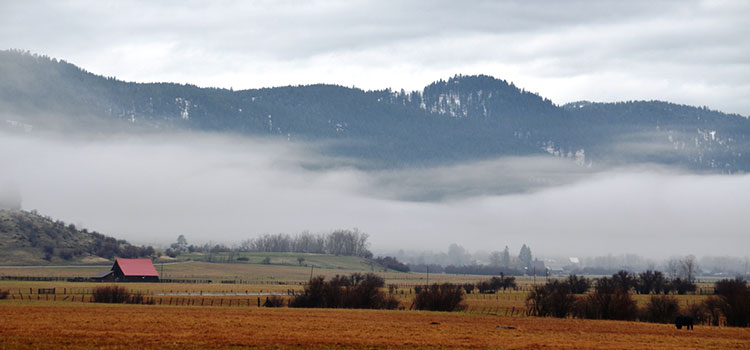Members of the Confederated Tribes of Warm Springs — located in central Oregon —have approved a plan to grow and process cannabis on their reservation. Sales to stores outside the reservation are set to begin near the end of 2016, The Associated Press reports.
Officials estimate that the plan, which includes a 36,000-square-foot greenhouse facility for production and processing, would create at least 80 jobs and bring in more than $26 million a year in revenue.
According to the tribes, they plan to work with state agencies to verify that all processes are in line with state laws and regulations.
Don Sampson, who spoke on behalf of the tribes’ economic development branch, said: “Our main purpose is to create jobs on the reservation and produce revenue for the tribes. We think we will have a model other tribes will look to as they investigate this business and industry.”
A year ago, the U.S. Department of Justice indicated in a memo that Native American tribes could legally grow and sell marijuana on their reservations. Despite that, tribes that have sought to take advantage of this advancement in the law have met with some resistance, particularly in states where marijuana remains illegal.
In October, the Menominee Nation’s Wisconsin reservation was raided by federal agents, who destroyed some 30,000 cannabis plants. The tribe has sued two federal agencies in response to the raid.
Federal agents also raided the Alturas and Pit River Indian rancherías in Northern California this summer, where they seized 12,000 cannabis plants.
The South Dakota Flandreau Santee Sioux, which had been advancing in its plans to create the first marijuana resort, burned its crop in November following fears of a similar raid.
Despite the setbacks, other tribes are still pursuing plans to get into the industry, including the Suquamish and the Squaxin Island Tribe in Washington, the Passamaquoddy Tribe in Maine, and the Omaha Tribe in Nebraska.
Photo Credit: Baker County Tourism
